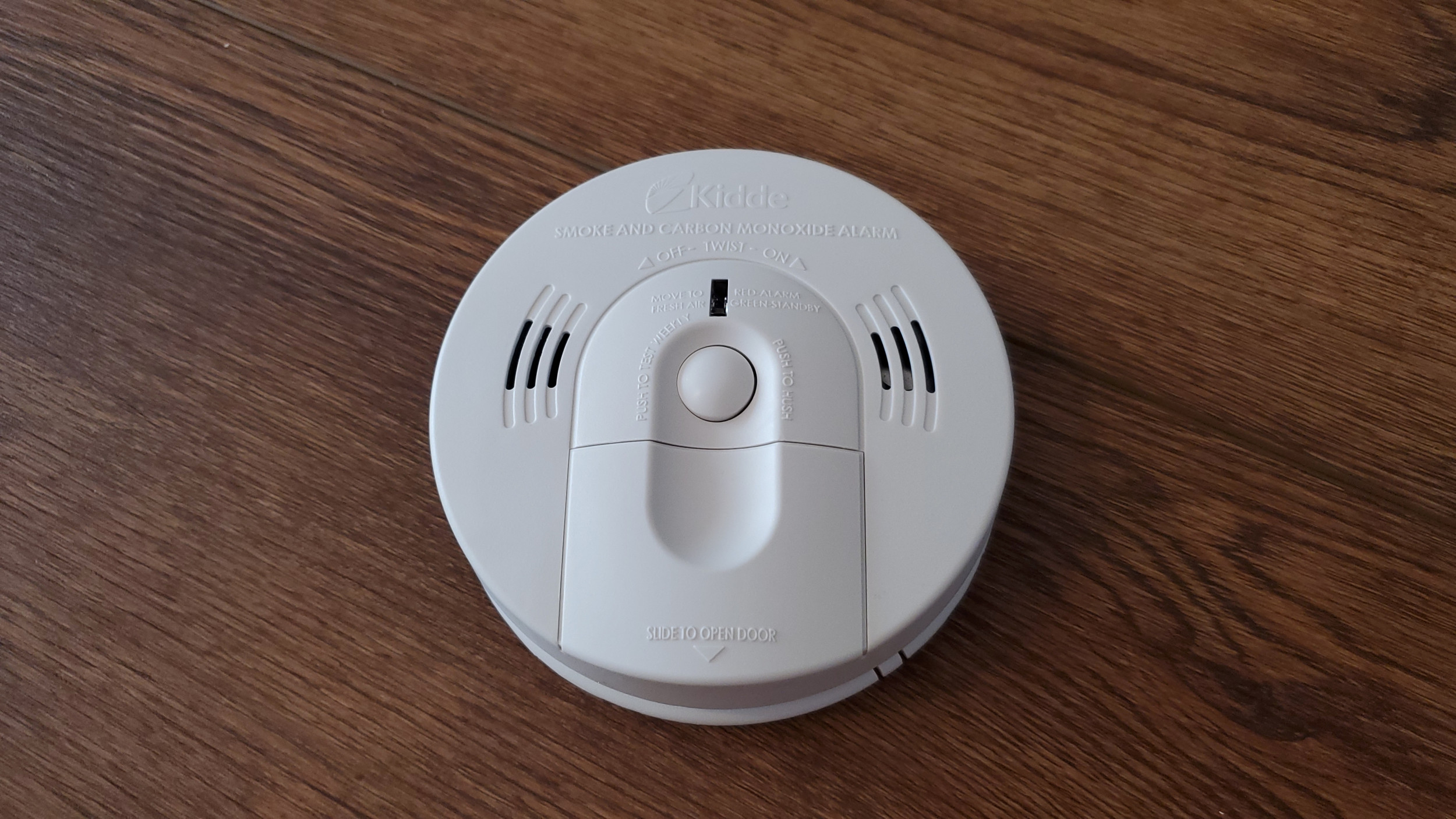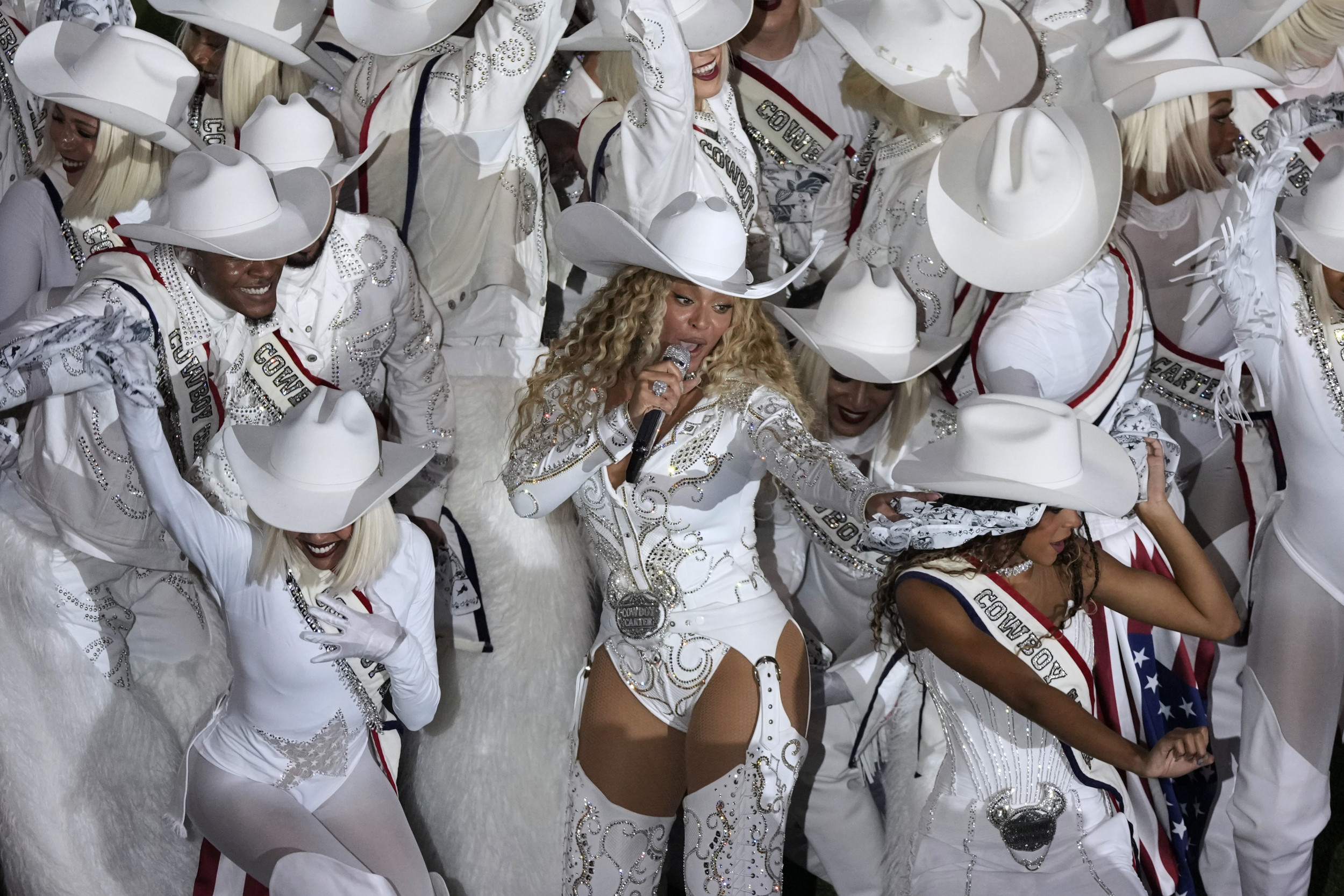The Supreme Court ruled on Tuesday that federal courts do not have the authority to review certain discretionary decisions made by immigration agencies, marking a significant shift in judicial oversight of immigration matters.
In a unanimous opinion written by Justice Ketanji Brown Jackson, the High Court ruled that the Department of Homeland Security (DHS) has broad authority to revoke visa petitions without a judicial review, even when the revocation is based on claims of marriage fraud.
The court also found that this authority is beyond the reach of judicial review under a federal law that limits court oversight of certain discretionary decisions.
The case was brought by Amina Bouarfa, a U.S. citizen, who had filed a visa petition for her husband, Ala'a Hamayel, a Palestinian national. The petition was initially approved by U.S. Citizenship and Immigration Services (USCIS), but two years later, the agency issued a Notice of Intent to Revoke the petition.
USCIS cited allegations that Hamayel had previously entered into a sham marriage for the purpose of obtaining immigration benefits—a claim that was backed by statements by Hamayel's former spouse.
While Bouarfa contested these claims, the agency moved forward with the revocation.
Bouarfa argued that USCIS's actions were arbitrary and capricious, but the Supreme Court ruled that the authority to revoke visa petitions was squarely within DHS's discretion.
"The fact that such a determination would have prevented the agency from approving the petition in the first instance, the Board [of Immigration Appeals] found, constituted 'good and sufficient cause' for revocation," the High Court's ruling states.
The 11th Circuit had previously upheld the dismissal of Bouarfa's claim, agreeing that the discretionary nature of the decision placed it beyond the scope of judicial review. The Supreme Court affirmed this ruling, resolving a split among lower courts on the question of whether visa revocations could be challenged in federal court.
The ruling could have far-reaching implications for immigrants seeking permanent legal status in the U.S. Critics argue that it reduces accountability and allows immigration agencies to act with minimal oversight. Legal experts say the decision highlights a growing trend of judicial deference to executive branch discretion in immigration matters.

"The Secretary's discretion may work to the benefit of visa-petition beneficiaries," the court's ruling noted, as DHS can choose not to revoke petitions even when the initial approval was erroneous. However, this same discretion, the court added, shields the agency's decisions from being second-guessed by the courts.




















 English (US) ·
English (US) ·